Epigenetics
Recent articles
Null and Noteworthy: Reanalysis contradicts report of immune memory in astrocytes
The analysis, which has not yet been peer reviewed, attributes the finding to misidentified immune cells instead.
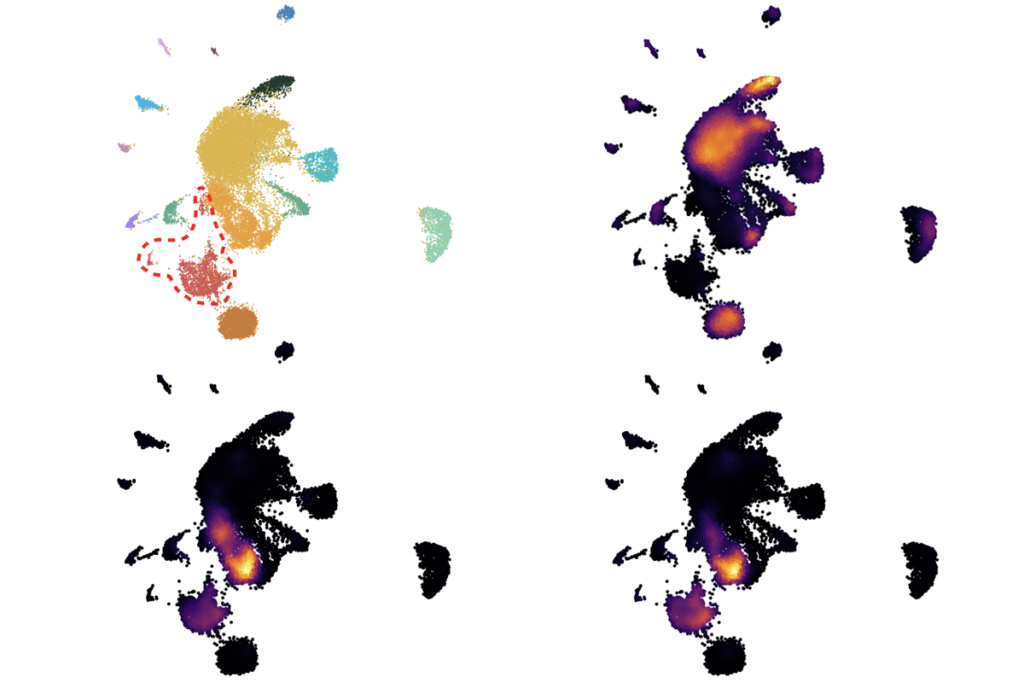
Null and Noteworthy: Reanalysis contradicts report of immune memory in astrocytes
The analysis, which has not yet been peer reviewed, attributes the finding to misidentified immune cells instead.
Single-cell genomics technologies and cell atlases have ushered in a new era of human neurobiology
Single-cell approaches are already shedding light on the human brain, identifying cell types that are most vulnerable in the early stages of Alzheimer’s disease, for example.
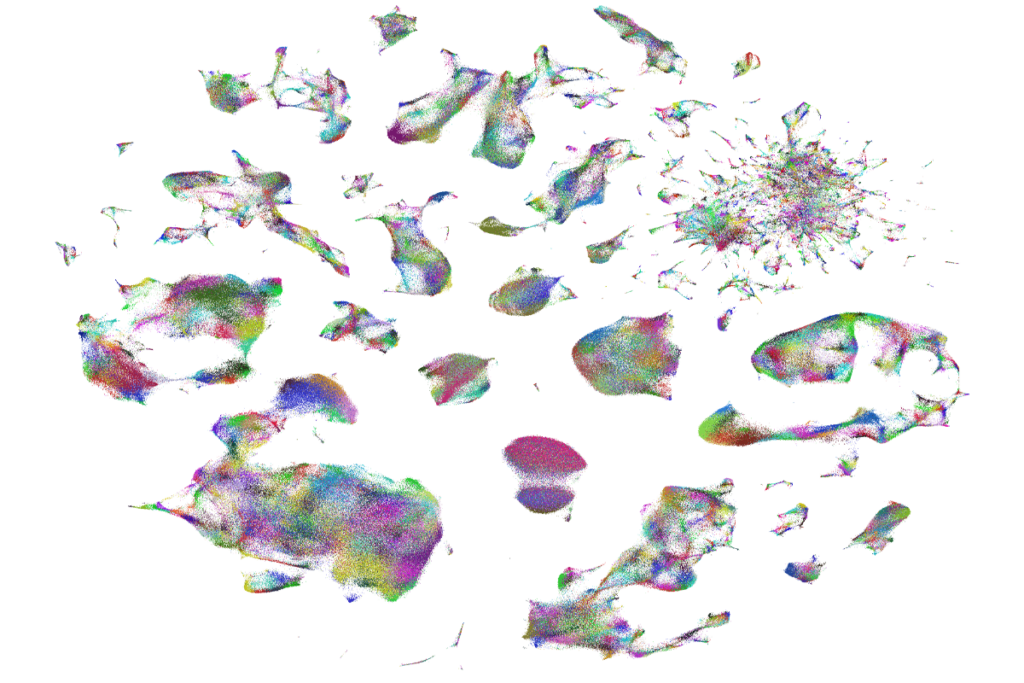
Single-cell genomics technologies and cell atlases have ushered in a new era of human neurobiology
Single-cell approaches are already shedding light on the human brain, identifying cell types that are most vulnerable in the early stages of Alzheimer’s disease, for example.
Molecular changes after MECP2 loss may drive Rett syndrome traits
Knocking out the gene in adult mice triggered up- and down-regulated expression of myriad genes weeks before there were changes in neuronal function.
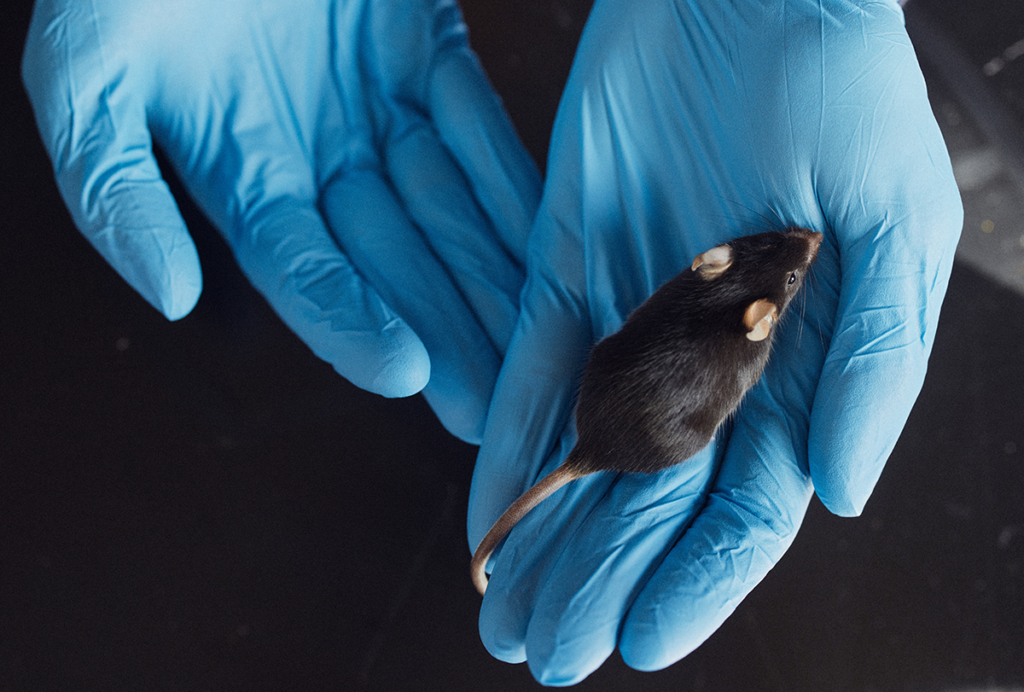
Molecular changes after MECP2 loss may drive Rett syndrome traits
Knocking out the gene in adult mice triggered up- and down-regulated expression of myriad genes weeks before there were changes in neuronal function.
Thanks to new technologies, neuroscientists have more direct access to the human brain than ever before
Model systems continue to offer us tremendous insight, but it’s time for basic researchers to train their sights on the human brain. If I were starting my career today, I would focus on human neurobiology.
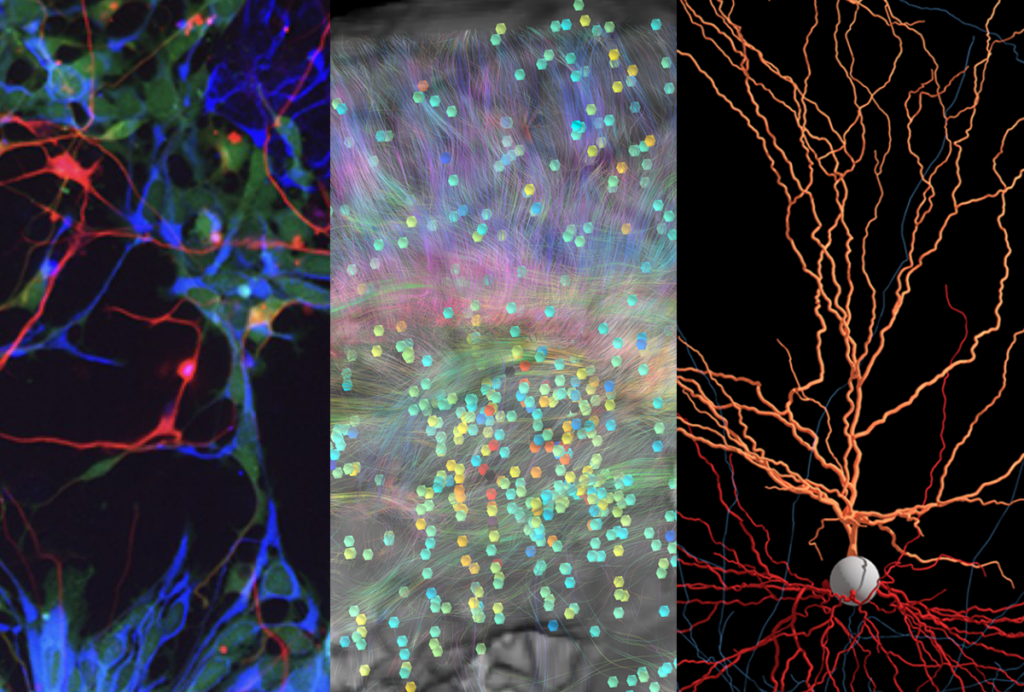
Thanks to new technologies, neuroscientists have more direct access to the human brain than ever before
Model systems continue to offer us tremendous insight, but it’s time for basic researchers to train their sights on the human brain. If I were starting my career today, I would focus on human neurobiology.
Cocaine, morphine commandeer neurons normally activated by food, water in mice
Confirming a long-held hypothesis, repeated exposure to the drugs alters neurons in the nucleus accumbens, the brain’s reward center, and curbs an animal’s urge for sustenance.
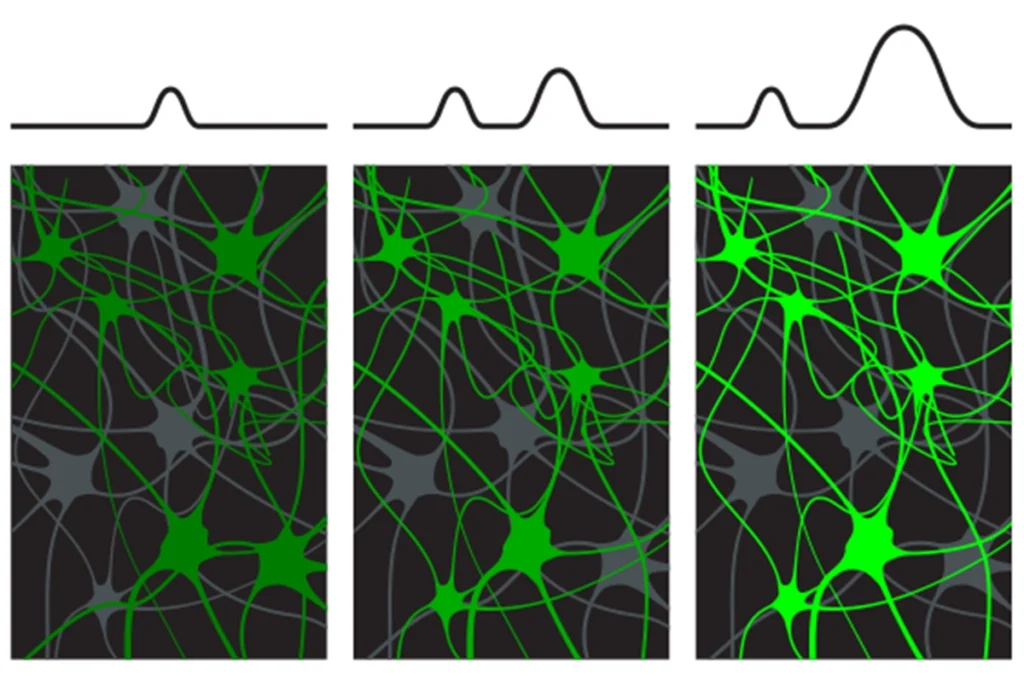
Cocaine, morphine commandeer neurons normally activated by food, water in mice
Confirming a long-held hypothesis, repeated exposure to the drugs alters neurons in the nucleus accumbens, the brain’s reward center, and curbs an animal’s urge for sustenance.
Head size parts autism into two major subtypes
An imbalance in the number of excitatory neurons in early brain development may account for the difference.
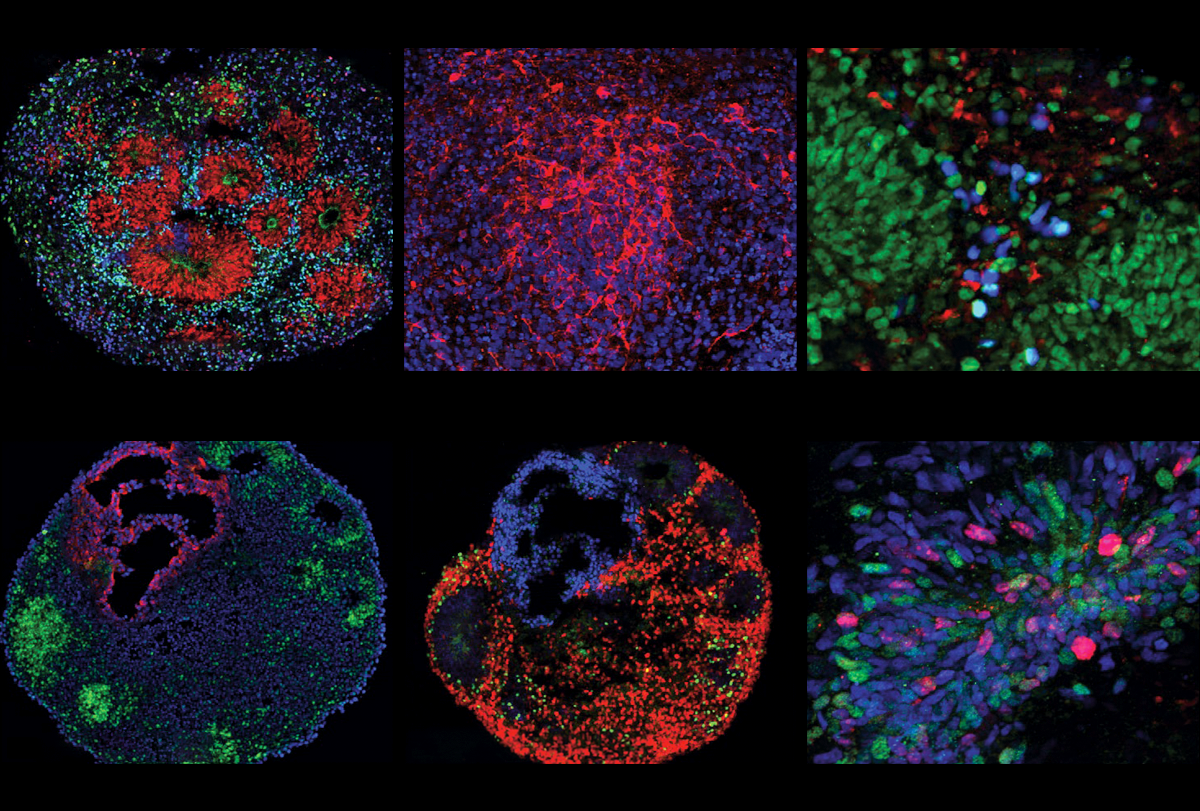
Head size parts autism into two major subtypes
An imbalance in the number of excitatory neurons in early brain development may account for the difference.
Father’s genes may drive sociability in male monkeys
The findings in rhesus macaque monkeys may provide clues to sex differences in the heredity of social behavior in people.
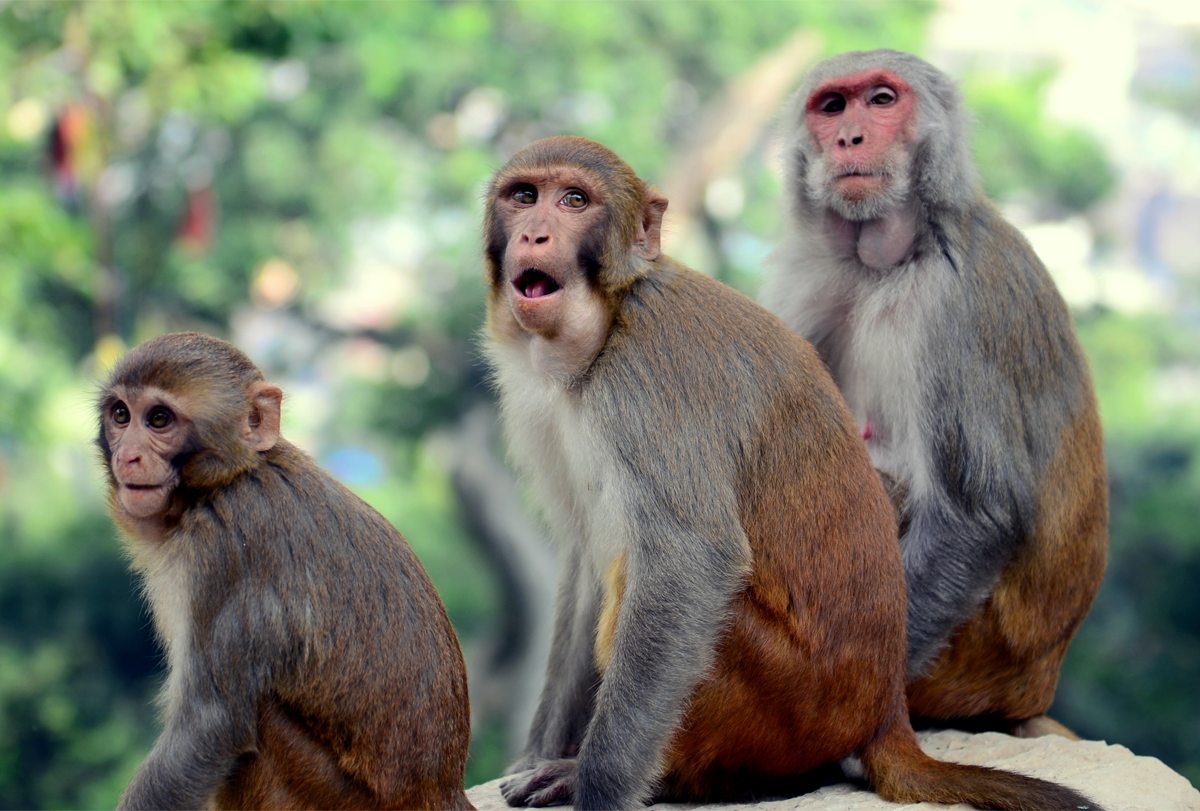
Father’s genes may drive sociability in male monkeys
The findings in rhesus macaque monkeys may provide clues to sex differences in the heredity of social behavior in people.
Change of heart and mind: Autism’s ties to cardiac defects
Children with congenital heart disease have an increased likelihood of autism. Why?
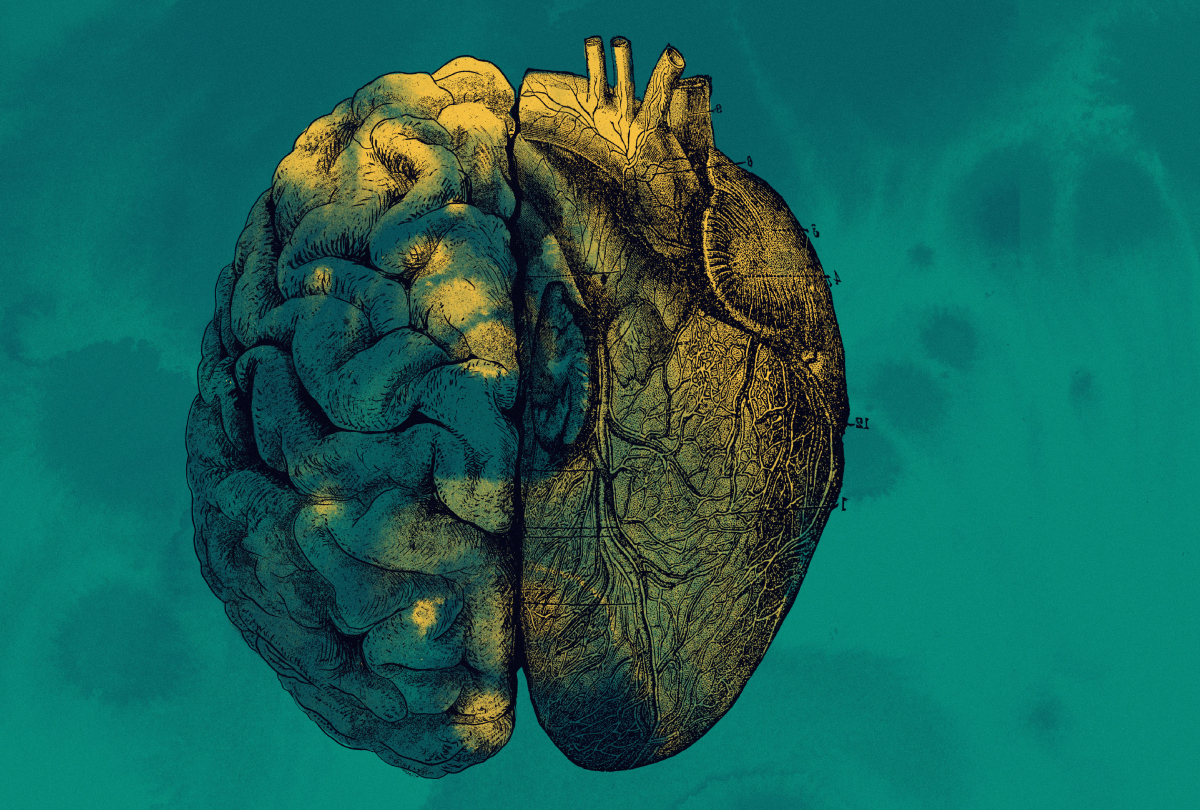
Change of heart and mind: Autism’s ties to cardiac defects
Children with congenital heart disease have an increased likelihood of autism. Why?
Genetic background sways effects of autism-linked mutation
Experiments offer clues to why certain mutations are associated with autism in some people and not others.
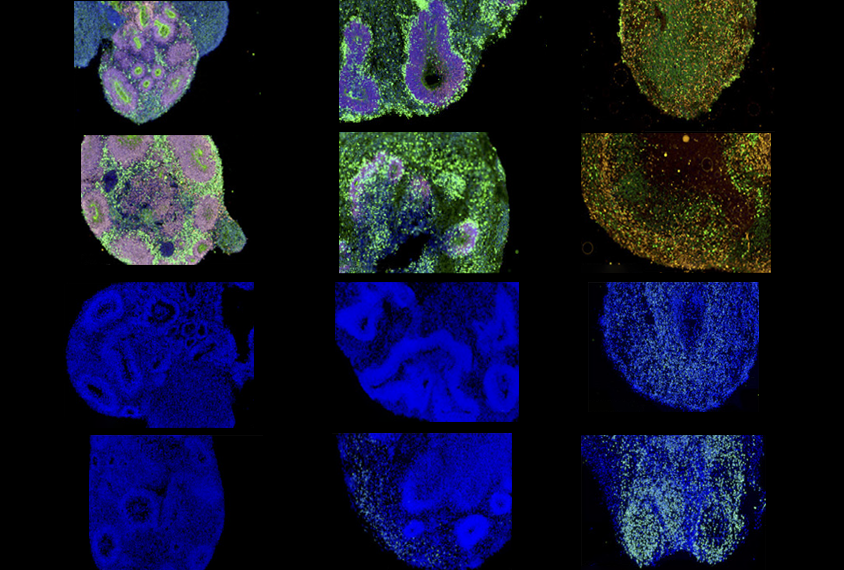
Genetic background sways effects of autism-linked mutation
Experiments offer clues to why certain mutations are associated with autism in some people and not others.
Chromatin remodeling tied to altered splicing in autism model
Exposing neurons to valproic acid, a well-known environmental risk factor for autism, disrupts their ability to generate different proteins from the same gene.
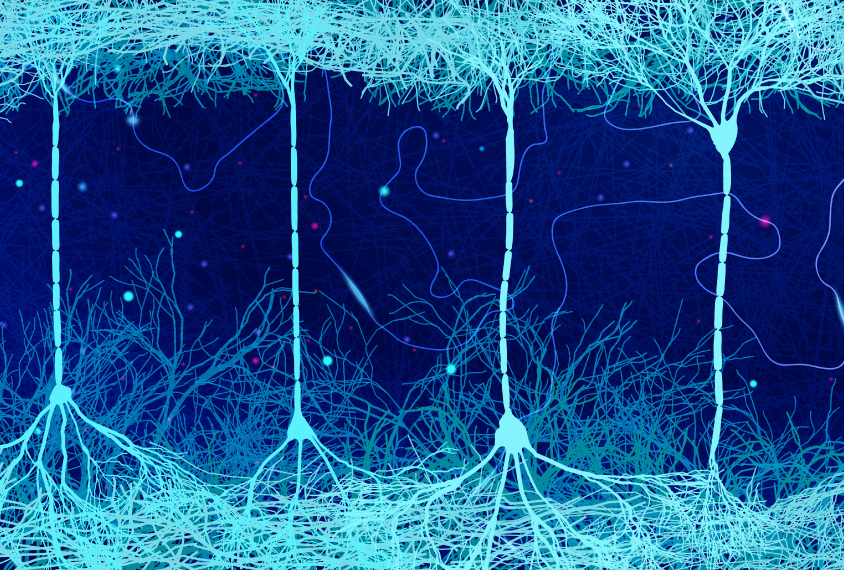
Chromatin remodeling tied to altered splicing in autism model
Exposing neurons to valproic acid, a well-known environmental risk factor for autism, disrupts their ability to generate different proteins from the same gene.
Explore more from The Transmitter
Xiao-Jing Wang outlines the future of theoretical neuroscience
Wang discusses why he decided the time was right for a new theoretical neuroscience textbook and how bifurcation is a key missing concept in neuroscience explanations.
Xiao-Jing Wang outlines the future of theoretical neuroscience
Wang discusses why he decided the time was right for a new theoretical neuroscience textbook and how bifurcation is a key missing concept in neuroscience explanations.
Memory study sparks debate over statistical methods
Critics of a 2024 Nature paper suggest the authors failed to address the risk of false-positive findings. The authors argue more rigorous methods can result in missed leads.

Memory study sparks debate over statistical methods
Critics of a 2024 Nature paper suggest the authors failed to address the risk of false-positive findings. The authors argue more rigorous methods can result in missed leads.
Attention not necessary for visual awareness, large study suggests
People can perceive some visual information even if they do not pay direct attention to it.

Attention not necessary for visual awareness, large study suggests
People can perceive some visual information even if they do not pay direct attention to it.